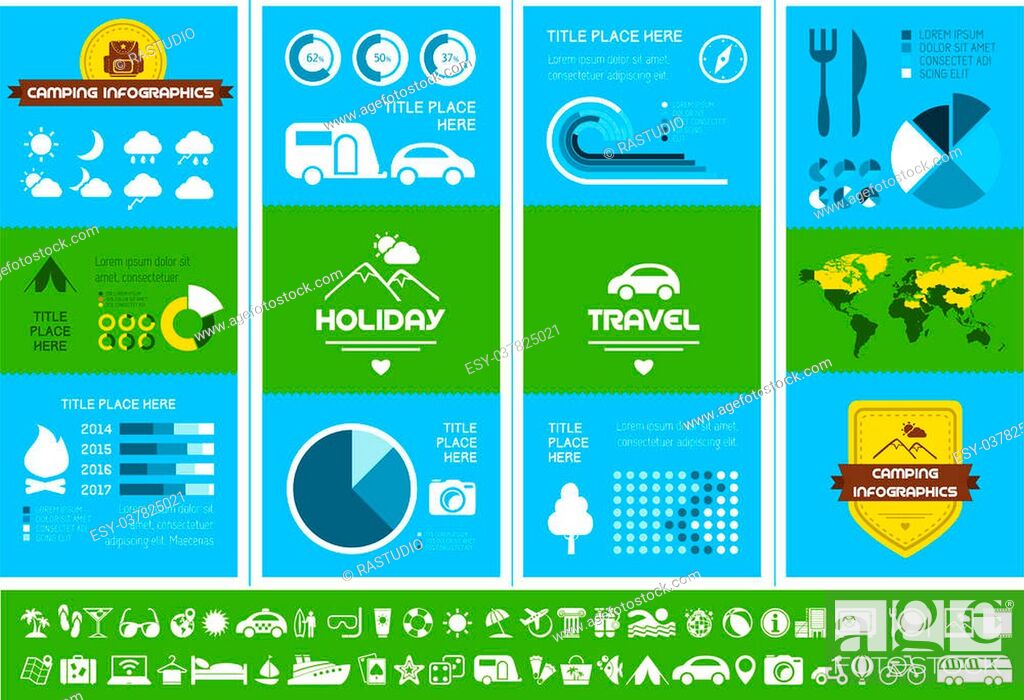The best Side of house tent
The best Side of house tent
Blog Article
Security Considerations for Family Members Outdoor Camping Tents
Safe and fun camping trips are feasible for the entire family members when everyone follows fundamental security standards. Educate children to respect wildlife and natural items, constantly maintain a first-aid package with a lot of burn lotion on hand, and be gotten ready for unforeseen circumstances by researching the camping site, weather condition patterns, and geographical features.
What is the best tent for high winds?
Pick the Right Outdoor Tents
Moms and dads who camp know that the appropriate camping tent can make or break an outdoor camping journey. The outdoor tents you select have to be durable sufficient to withstand the rough therapy that kids and pet dogs can deliver. It must also be simple to establish, with functions like color-coded posts and quick-clip systems.
You need to likewise take into consideration the size and ability of the camping tent you want to purchase. Look for a flooring location and optimal elevation that can suit the variety of individuals in your family members, plus additional room to minimize crowding or claustrophobia.
When picking a campsite, survey the area for hazards, such as animal burrows, harmful plants and rocky drop-offs. It's also a good concept to pick a website that uses some kind of safety and security attributes, such as border fencing and nighttime camping area patrols.
Camping tent Configuration
When establishing camp, discover a level area that is big enough to conveniently fit your camping tent and any other aspects you're planning for, such as a fire pit. Clear away any particles like sticks or rocks and watch out for potential risks, such as sloping pitches that can trigger you to roll around throughout the evening and rain pools in concave locations.
If it's gusty, position your camping tent so the side with the strongest pole structure encounters the wind to minimize the possibility of it blowing with and triggering injury or damage. If possible, pick a website that is additionally protected by natural barriers to decrease wind and rainfall dangers. You may additionally wish to lay down a tarpaulin somewhat smaller than your outdoor tents floor to keep it completely dry.
Camping tent Storage
Many tents are made with vents and flaps that motivate air flow. However, you need to constantly keep combustible products like clothing and sleeping bags far from these openings to avoid fire threats. Air flow is also vital to decrease smoke and carbon monoxide build-up, which are major health threats.
Never rest straight on the ground and instruct youngsters to stay clear of it. This protects against tripping and falling injuries, as well as insect attacks.
Instruct kids to constantly check for threats before entering their tents, such as loose rocks or tree limbs that can fall throughout a storm. It's also a great idea to get to the camping area before nightfall to make establishing camp easier and more secure. This also offers you a possibility to spot any type of potential concerns, like snakes or dangerous plants.
Camping tent Climate
There are couple of points much more delightful than relaxing a campfire toasting gooey s'mores under a star-filled skies. But prior to you pitch your tent, make certain your family has the ideal sleeping gear and recognizes how to appropriately use a campfire.
Camping tents can also be impacted by weather conditions, such as rainfall and wind. Wind can transform the anxiety on the tent, loosening up ratchet settings up and pulling scout of the ground. Rainfall can trigger outdoors tents to leak.
Try to find tents that livable tents provide excellent ventilation and lessen condensation (dampness that normally develops from your body's breath). Take into consideration bringing a tarp in case of rain. And always leave your tent if there are lightning strikes nearby.
Outdoor tents Safety
Outdoors tents that don't abide by fire and life safety demands are a fire threat. Furthermore, saving combustible materials like timber, gas cylinders, and propane within the camping tent can create them to overheat and even blow up. To reduce these risks, they ought to be kept outside the outdoor tents sheltered by a durable tarpaulin.
Fire risks likewise emerge from improper usage and storage space of stoves. Stoves that aren't appropriately aired vent can launch carbon monoxide, a dangerous poisonous gas.
Camping tent tethers and risks can develop trip hazards in pathways and courses. To lower these risks, event coordinators need to consider using noticeable weights on tethers, mounting secure cleats, or employing security cones around risk lines. In addition, they need to make sure that departures are not obstructed by home furnishings, outdoor tents wall surfaces, or other structures.
How do you camp in luxury?
